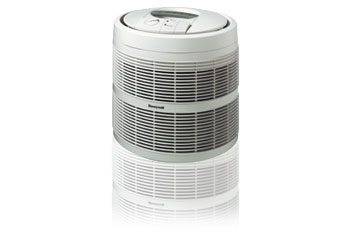
Exposure to particulate matter is associated with risk of cardiovascular events, possibly through endothelial dysfunction, and indoor air may be most important, says a Danish-Swedish study, led by Steffen Loft of the University of Copenhagen.
The study investigated the effects of controlled exposure to indoor air particles on microvascular function – a key measure of cardiovascular health – among 21 non-smoking elderly couples who lived hear heavily trafficked roads.
High efficiency particulate air (HEPA) filters were used during one of two 48-hour periods. A finger sensor was used to measure the function of small blood vessels in participants.
The study found that reducing airborne particles, through the use of HEPA filters, resulted in an 8% improvement in microvascular function – the ability of small arteries to relax when blood is flowing through them.
The authors concluded that the filters, “may be a feasible way of reducing the risk of cardiovascular disease.”
For New Yorkers (I live above the oft congested Lexington Avenue), the study strikes close to home. In 2006, New York’s air pollution was among the worst in the country.
The American Lung Association, which grades locations according to air quality, gave Manhattan, Queens and the Bronx an F in its 2006 State of the Air report. The study reported that 1.4 million New Yorkers with cardiovascular disease live with unhealthy levels of particulate pollution
The Sharper Image: Ionic Breeze
The news comes too late for The Sharper Image, a well-known purveyor of overpriced, useless garbage. The company filed for Chapter 11 bankruptcy protection in February blaming declining sales and complaints related to its line of Ionic Breeze air purifiers (the purifier does not incorporate a HEPA filter).
In October, a federal court denied approval of a settlement of class-action suits related to the efficacy of its Ionic Breeze. The product was sold to 3 million consumers at a tremendous mark-up.